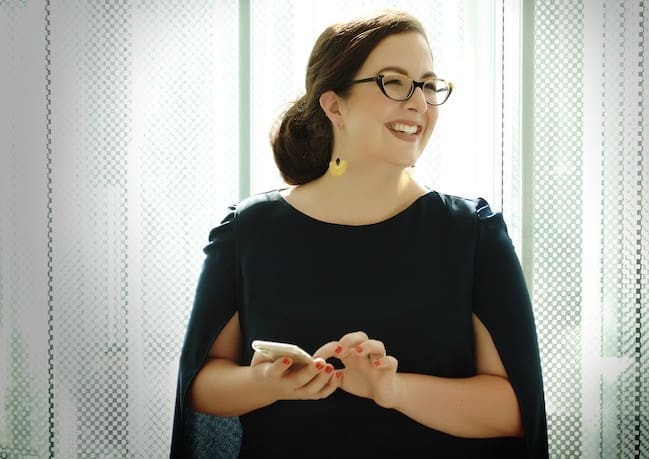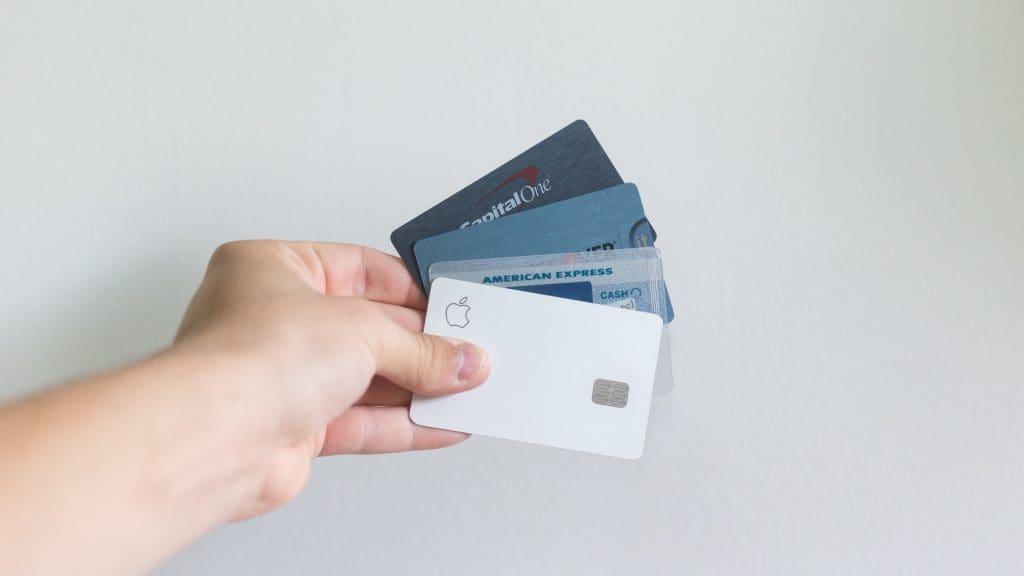She’s a tough year, 2020 – and that’s before you get to the financial implications of Covid’s ever-evolving fallout. Luckily, Financial Personal Trainer Hannah McQueen of Enable Me is here to help you make the best financial decisions possible, pandemic or no pandemic.

Decisions you make in your 20s can either help or hinder you for years to come – that might sound like a lot of pressure, but it’s true! We’ve seen young people head off down a career path only to find they’ve incurred tens of thousands of dollars of debt for a job they don’t really like, and/or doesn’t improve their pay rate. We’ve seen others get themselves overwhelmed with short-term debt that’s hung over them for years to come. The emphasis in your 20s should be on creating good habits, and always be thinking to “future you”.
Student debt
Student loans are often incurred as if they are free, not just interest-free! Before you study you need to be doing some serious due diligence. What sort of job will it get you, will it be the kind of work you’ll enjoy, what will that job pay, and where could it lead?
While money most certainly isn’t everything, you do need to weighing up what that qualification is going to do for your employment and earning prospects, because not only does that determine what kind of life you can afford, it’s also a large investment that will take time to pay back so ideally you want it to pay dividends.
When we work with students we teach them about the concept of Ikigai, which is building a career that satisfies all quadrants: something you’re good at, something you love, something you can be paid for and something the world needs.
Even without interest, repaying your student loan can put a handbrake on your progress because you pay it off at 12% of your income until it’s gone (and you incur interest if you head overseas).
The students we’ve been working with were originally defaulting to taking 8-10 years to pay it off, so that could keep the handbrake on right into your 30s.
Our measure of success is paying off your loan in the same amount of time it took to incur it. So, if it is a 3 year degree we’d aim for you to be debt free 3 years after graduation. That is achieved with 3 things:
1. Incurring less student debt in the first place
2. Maximising income post study
3. Having a plan, framework, focus and support to pay it down quickly. This focuses on maximising the cash surplus of the student post-graduation. The method of achieving that might not be so glamorous and might include things like staying at home for a bit longer or entertaining a less luxurious standard of living than you might be tempted to enjoy now you’re earning. But the pay-off will be worth it!
While you’re studying you also need to get a job, any job – no matter how intense your schedule is or how much you like to party. Use the holidays to work more hours and save more. Not only will that help with the bills, it will also help show future employers that you’re capable of sticking to something when you might not want to.


Debt
The tricky thing about student loans is when you owe tens of thousands of dollars already, other debt can seem like it’s small-fry, so why worry? When you’re studying, banks will often offer you low-rate credit cards, interest-free overdrafts and of course there’s also AfterPay.
All of that ensures you get used to living your life in debt – and funding purchases through debt also prompts you to spend more. That’s good for the banks and the retailers – but it’s not good for your financial progress.
Use a credit card for emergencies only, not for everyday purchases – and pay it off before interest accrues. If you already have credit card debt you need to make paying it off a priority, so put in place a plan to pay it back as fast as possible – and cut the card up while you do so you don’t add to the burden. Paying the minimum payment will result in you paying back many times what you initially borrowed, because the interest rate is so high.
You also need to learn that some debt can be good! When it’s used to buy an asset using some of your cash and some of the bank’s cash it’s called ‘leverage’ and can be a very powerful way to get you ahead.
Saving
Saving in your 20s is crucial for a number of reasons. First, the younger you are when you start, the longer you have for those small amounts to build up. But crucially, it’s about establishing the habit.
Many people promise themselves they’ll save more just as soon as they earn more, but when they do they instead fall victim to ‘lifestyle creep’. That’s basically where the more you earn, the more you spend because your expectations rise. You’ll never make progress if you’re spending always matches, or exceeds your income, so set the habit of saving early.
KiwiSaver
When you generate investment returns in KiwiSaver, those returns are also invested – so you make gains upon gains. That’s what makes it’s worth getting into when you’re young. There’s also the fact your employer matches your contributions, so you automatically double your money.

